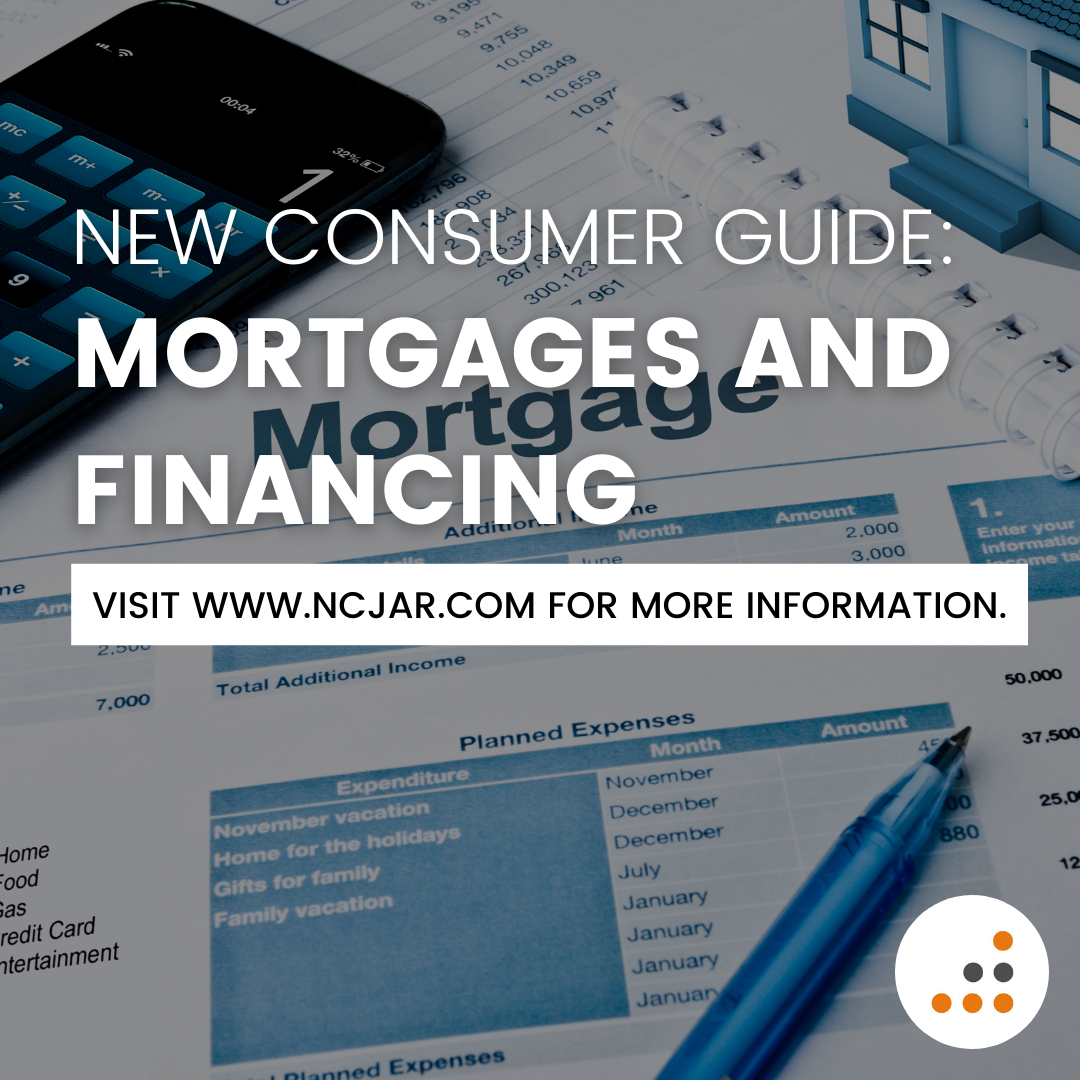 Buying a home is one of the most significant personal and financial decisions you'll make. For many buyers, a key part of the process is securing a loan that allows you to pay for your new home over time. If you’re working with a REALTOR®, they can help you explore mortgage options and guide you through the journey. Here’s a breakdown of what you need to know:
Buying a home is one of the most significant personal and financial decisions you'll make. For many buyers, a key part of the process is securing a loan that allows you to pay for your new home over time. If you’re working with a REALTOR®, they can help you explore mortgage options and guide you through the journey. Here’s a breakdown of what you need to know:
What Is a Mortgage, and How Do You Get One?
A mortgage is a loan provided by a bank or lender that lets you finance the purchase of a home, paying it back over time with interest. Mortgages come in many forms, with the 30-year fixed-rate mortgage being one of the most popular options. A range of factors can impact your mortgage options, including:
- Down Payment
- Credit Score
- Income
- Employment History
- Current Interest Rates
- Lender Policies
Special financial assistance programs may be available for first-time homebuyers and veterans. Ask your REALTOR® about options to explore based on your situation.
Types of Loans to Consider
Where you’re buying and how long you plan to stay in your home can influence the type of loan that’s right for you. Here are two common options:
-
Fixed-Rate Mortgage: This loan type offers a consistent interest rate and monthly payment for the duration of the loan, typically for 15 or 30 years.
-
Adjustable-Rate Mortgage (ARM): ARMs often start with a lower interest rate than fixed-rate mortgages, which can make them attractive for a period, such as five or ten years. After that, the rate adjusts annually based on market conditions.
What Is a Down Payment, and How Much Will It Be?
Many lenders require buyers to pay a percentage of the home’s purchase price upfront, known as a “down payment.” Generally, the larger your down payment, the lower your monthly mortgage payment. Programs through local governments and nonprofits may provide down payment assistance if you meet certain requirements. Connect with your REALTOR® or local association for recommendations on what might be available to you.
Conventional Loans vs. Federal Home Loans
Mortgage loans fall into two broad categories: conventional loans and federal loans.
-
Conventional Loans: These are financed by private lenders, such as banks or mortgage companies. They typically require higher credit scores and larger down payments but may offer competitive rates for well-qualified borrowers.
-
Federal Loans: Backed by the government, federal loans reduce lender risk, enabling savings that can benefit buyers with lower credit scores. Here are a few federal loan options:
-
FHA Loan: Ideal for first-time buyers, FHA loans offer flexible requirements and down payments as low as 3.5%.
-
VA Loan: Available to U.S. military veterans, VA loans require no down payment or mortgage insurance, making them highly accessible.
-
USDA Loan: Designed for families in rural areas, USDA loans feature zero down payment and reduced mortgage interest rates.
-
Lowering Your Out-of-Pocket Costs
When making an offer, you may request that the seller cover certain costs, known as seller concessions, which can reduce your upfront expenses. Additionally, you can negotiate for the seller to cover your agent’s compensation, which does not fall under concession limits and can be part of your offer.
However, remember that agent compensation cannot be financed through a mortgage, so these funds need to be accounted for upfront. Speak with your REALTOR® to build a home purchase plan that aligns with your budget.
State-Specific Considerations
Buying practices can vary based on state and local laws. Consult your REALTOR® or a real estate attorney for guidance on any state-specific requirements in New Jersey.
For more in-depth resources and guidance, visit facts.realtor. Your REALTOR® can provide expert advice to help you make informed decisions every step of the way.